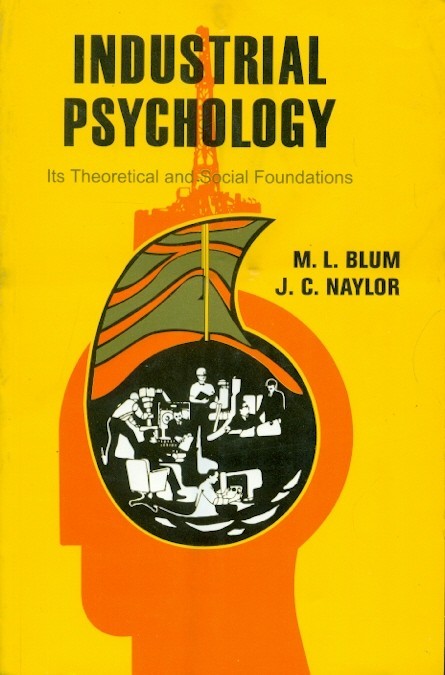Experience with students over the past few years has led to the conclusion that todays college student is a more knowledgeable and better trained person than the student of the past. The classical areas of industrial psychology are presented in the early chapters: Prediction techniques (Chapter 2 and 3) industrial tests (Chapter 4) and other selection techniques (Chapter 5) are each examined in turn. In these chapters the attempt is made to present the conceptual and theoretical models and problems critical to a basic understanding of the topic. Chapter 6 is a detailed discussion of the criterion problem. Chapters 7 8 and 9 discuss performance appraisal (a logical continuator of the criterion chapter) training and attitude measurement. With this last chapter the transition begins to take place into the more social aspects of industrial psychology such as the Hawthorne studies (Chapter 10) motivation (Chapter 11) job satisfaction (Chapter 12) morale (Chapter 13) and leadership and supervision (Chapter 14). Throughout all these chapters the emphasis is one of examining the models or theories which seem to be developing in each of these areas.

| Specifications |
Descriptions |
| ISBN |
9788123908601 |
| Binding |
Paperback |
| Subject |
Education & Psychology |
| Pages |
631 |
| Weight |
0.725 |
| Readership |
NA |



.png)
